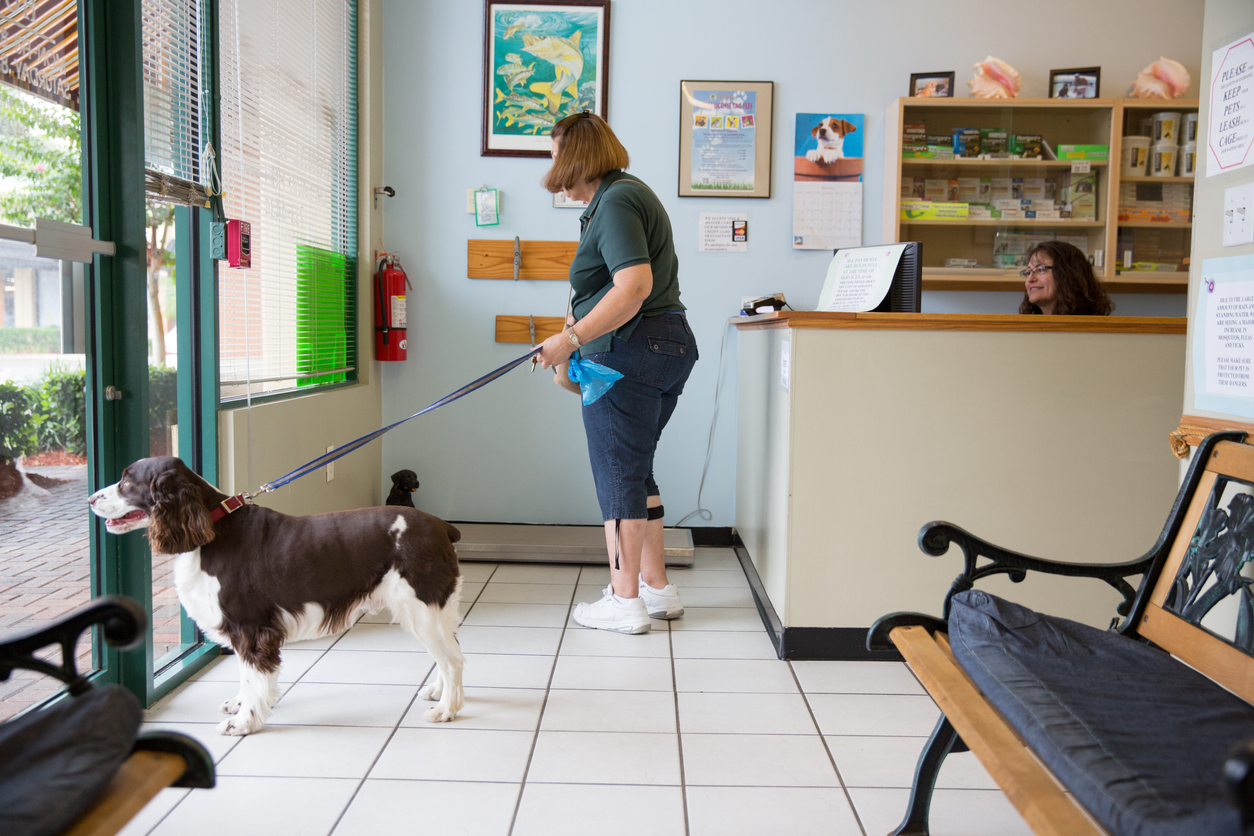People attend veterinary school because they love animals—not business. Therefore, it’s not surprising that many veterinarians, both new and seasoned, find themselves unprepared for veterinary practice ownership. However, if you have dreams of owning your own veterinary practice, you must be willing to develop skills that aren’t taught in veterinary school. In this article, we review a few of the essential skills required for veterinary practice ownership.
Business Skills
If you want to own a veterinary practice, you’ll have to develop some basic business skills. As a practice owner, you’ll be responsible for making all business decisions for your practice. While this doesn’t mean that you should go out and earn your MBA, you should familiarize yourself with financial planning and learn to develop a basic business plan. However, if you aren’t comfortable doing these things yourself, you can always hire professionals to assist you.
Comfort with Debt
If you’ve attended veterinary school, chances are you’ve had to take on some debt. If you want to open up your own practice, your experience with loans will come in handy, as you are almost certainly going to have to take on additional debt to get your practice off the ground. Before doing so, however, you’ll need to examine the feasibility of paying off more than one loan at once. (If you are a seasoned veterinarian with no student loans, this shouldn’t be a concern.) In addition, you’ll need to determine whether your credit scores are high enough to qualify you for a business loan.
Stress and Time Management
Owning and managing your own veterinary practice is a 24/7 responsibility. In other words, it can be stressful. In addition, your workload can be heavy, particularly as you try to get your practice off the ground. Therefore, you should make sure you have the temperament to handle stress and the discipline to manage your time before diving into practice ownership.
Leadership Skills and Management Ability
As a veterinary practice owner, you carry the responsibility of leading your practice. Therefore, it is up to you to manage and provide leadership to your employees. In order to be successful in this area, you should establish a positive, team-based environment that brings the best out of your employees.
Commitment
Although many veterinary practices experience rapid success, others can take years to become profitable. Therefore, you must be committed if you want to become a practice owner. This means that you must remain focused on the big picture and your long-term goals—even if things don’t go your way right off the bat. Remember, practice ownership is a marathon, not a sprint.
Contact Our Experienced Veterinary Attorneys
Whether you are an established veterinarian or you’re fresh out of veterinary school, you need a veterinary practice attorney on your side. At Mahan Law, we understand the challenges associated with buying a veterinary practice and veterinary start-ups. Founded by veterinary hospital owner Anthony Mahan, Mahan Law is dedicated to helping veterinarians with all aspects of veterinary practice ownership. So, if you need veterinary legal assistance, please contact us today to schedule a consultation.

